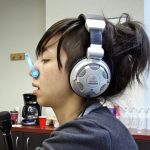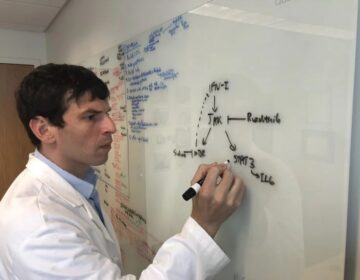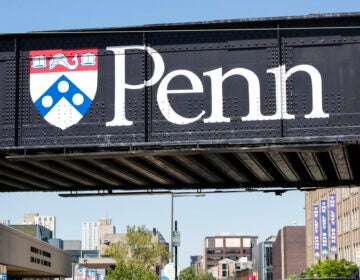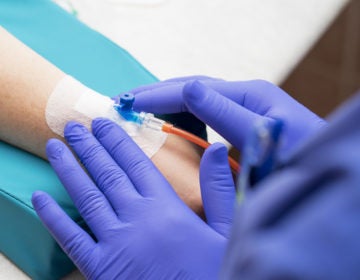Baking soda could improve cancer treatment, study finds
It's not the first time that baking soda has been investigated as a potential aid to cancer therapy, but it’s the first study to reveal how and why it’s able to help.
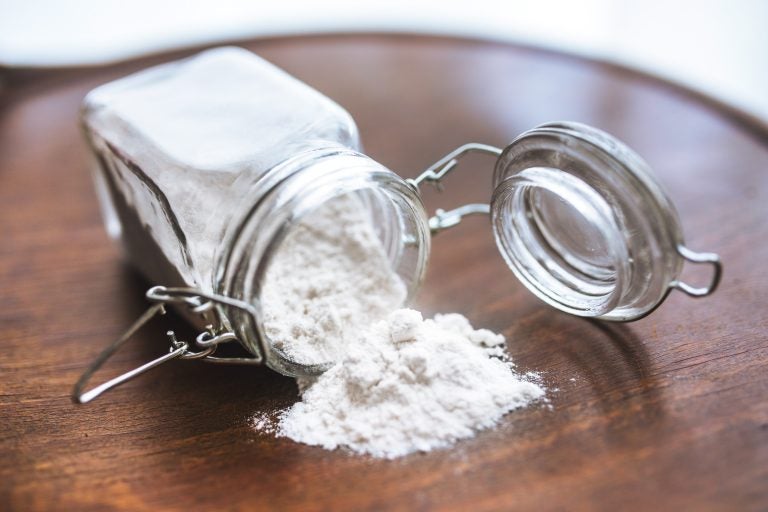
Baking soda could offer a cheap and accessible aid to cancer therapies. (Photo courtesy of Kaboompics)
A new study has found that baking soda could make cancer treatments more effective at fighting drug-resistant tumors. The findings, which appear in the journal Cell, are based on researchers’ discovery that acidic conditions can cause cancer cells to go dormant, allowing them to hide from treatment.
“Many of the therapies we have — chemotherapy, targeted therapy — work in cells that are actively functioning and dividing,” said lead author Chi Dang. “When you awaken cells from a resting state into an active state, they become more vulnerable to cancer therapy.”
Researchers began by looking at hypoxia, or low oxygen levels, which scientists have long connected with drug resistance. Recent studies have theorized that a special protein resulting from hypoxia could be blocking cell division, leading to dormancy.
But this study finds an alternative explanation: acid, which cells produce when oxygen is low.
“What we’ve discovered in this study is that there’s a very rapid mechanism by which low pH, or acid itself, turns off a key toggle in the cells that controls the cell’s ability to make proteins,” Dang said.
In other words, it prevents cells from dividing. As their processes slow down, the cells go into hibernation, making them invisible to cancer treatments.
Dang and his team wanted to see if they could reverse that process, and they came up with a simple solution: neutralizing the acid with baking soda. They tested their theory by adding baking soda to the drinking water of mice that had been grafted with tumors.
“What we found is that the areas that were acidic, now are no longer acidic, and they become more active,” Dang said. “So this toggle comes back on, so that cells that are at rest can now be reawakened.”
That allows chemotherapy and other treatments to find and destroy cancer cells or, as Dang puts it, “bring them out into daylight, so you can see them and target them.”
While this isn’t the first time that baking soda has been investigated as a potential aid to cancer therapy, it’s the first study to reveal how and why it’s able to help.
“The excitement here is this very simple concept that has been around for a while now has some mechanism behind it,” Dang said.
The next step is studying whether the approach actually succeeds in making cancer therapies more effective. Until then, he said, patients should hold off on any DIY experiments.
“People should not run out and grab a bunch of baking soda and start administering it,” he said. “This is definitely a subject for clinical studies.”
WHYY is your source for fact-based, in-depth journalism and information. As a nonprofit organization, we rely on financial support from readers like you. Please give today.


